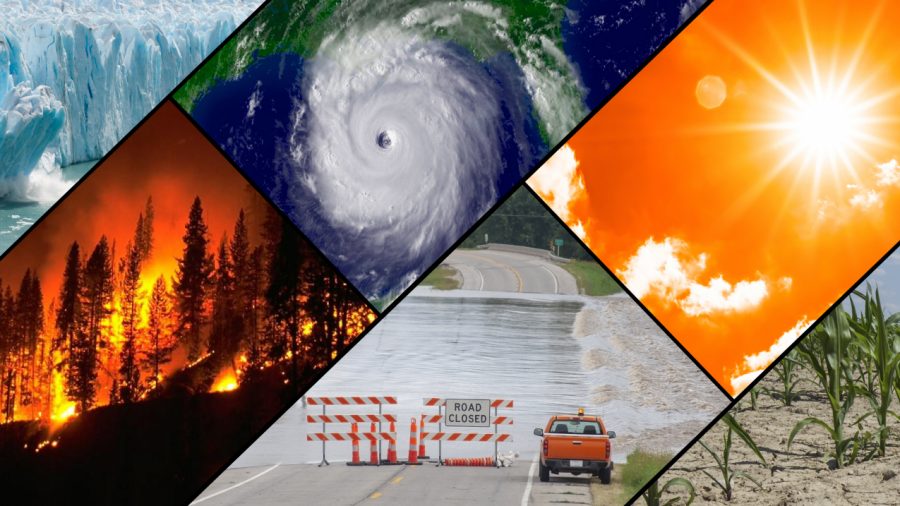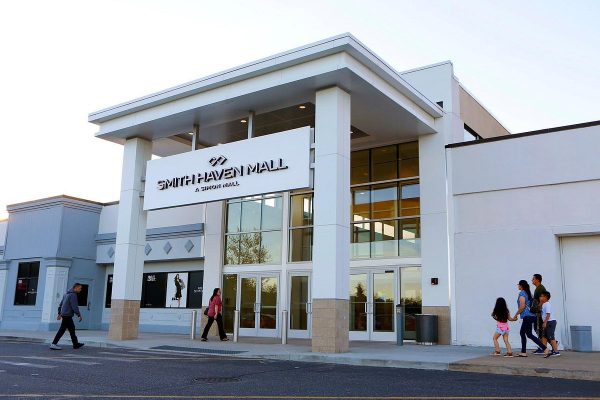Climate Change- What We Can Do to Prevent It?
All around the world, people are being affected by droughts, food shortages, natural disasters, heat waves, pollution, and many more just to mention a few. The official definition of climate change stated here by NASA saying that it is “a broad range of global phenomena created predominantly by burning fossil fuels, which add heat-trapping gasses to Earth’s atmosphere. These phenomena include the increased temperature trends described by global warming, but also encompass changes such as sea-level rise; ice mass loss in Greenland, Antarctica, the Arctic, and mountain glaciers worldwide; shifts in flower/plant blooming; and extreme weather events.¨ Some basic factors that cause climate change are humanity´s increased use of fossil fuels, increasingly intensive agriculture, and deforestation. In this article, we will discuss what these factors are, how they affect and contribute to climate change and practical things we can practice to help prevent climate change.
Human´s Increased Use Of Fossil Fuels:
Fossil fuels can be defined as a natural fuel or resource like coal, oil, and gas, formed in the past, from the remains of organisms(plants and animals) that decompose. These fuels are found in the Earth’s crust and contain carbon and hydrogen, which can be burned for energy. 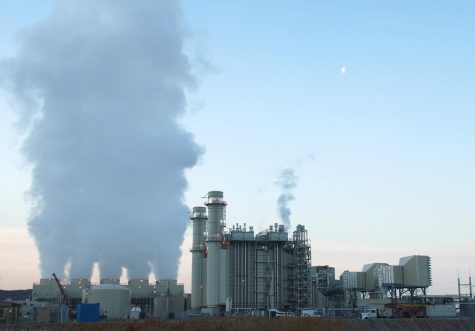
We use fossil fuels every day, for example, in homes they are burned to produce heat, in large power stations/industry they are used to produce electricity and they are also used to power engines like the ones in cars. These fossil fuels also are used to generate electricity and run other forms of transportation. Fossil fuels are bad for the environment because they produce large quantities of carbon dioxide when burned. Carbon emissions trap heat in the atmosphere and lead to climate change. This also leads to global warming. Global warming can be defined as the gradual increase in the earth’s overall temperature which is caused by the greenhouse effect caused by levels of carbon dioxide and other gases or pollutants in the air or atmosphere.
Increase In Intensive Agriculture/Farming:
Agriculture can be defined as the science or practice of farming, including the cultivation of the soil for the growing crops and the rearing of animals to provide food, wool, and other products. The practice of intensive farming can be defined as an agricultural intensification and mechanization system that aims to maximize productivity from available land, which heavy use of pesticides and chemical fertilizers help reach that goal.
Pesticides and insecticides are chemicals that are used to kill fungus, bacteria, insects, plant diseases, slugs, and weeds. However, the problem with overusing this is that it kills beneficial insects and plants, it breaks dow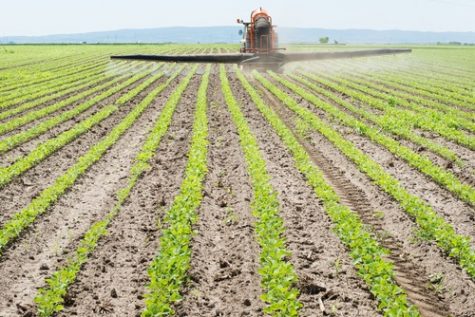 n the very soil it depends on, which in turn creates polluted and clogged water systems. This also increases susceptibility to flooding, causes the genetic erosion of crops and livestock species around the world, and decreases biodiversity(variety of life in an ecosystem or habitat).
n the very soil it depends on, which in turn creates polluted and clogged water systems. This also increases susceptibility to flooding, causes the genetic erosion of crops and livestock species around the world, and decreases biodiversity(variety of life in an ecosystem or habitat).
Cutting Down Trees/Deforestation:
Deforestation can be defined as the action of clearing a wide area of trees. Without the abundance(many in number) of trees, we all couldn’t survive because of the lack of oxygen in the air. Wood in trees is used for domestic fuel or charcoal. People use the wood in trees to build houses, but the more responsible reason for deforestation is because of people extracting wood to expand roads and urbanization. The problem here is cutting down too many trees without planting new ones for the future. Deforestation is not good for the environment because trees absorb and store the carbon dioxide that we breathe out in the air and without the trees to take in that carbon dioxide all of the carbon dioxides is going to stay in the atmosphere. 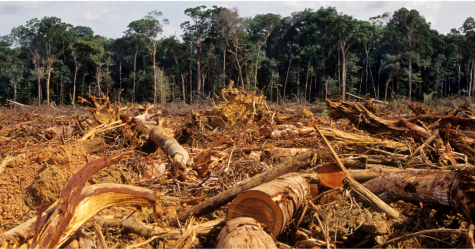
Practical Things We Can Do To Help Prevent Climate Change:
One thing we can do in our everyday lives is to use energy wisely, and even save money too! Another thing can be to use refillable water bottles so you don’t always need to drink plastic bottled water and avoid wasting food. Recycling also helps in preventing climate change. 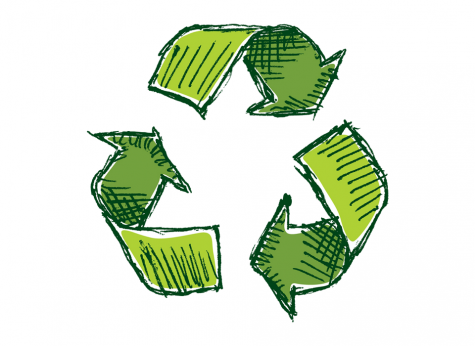
While climate change may not go away overnight, by knowing about climate change and how you can help in preventing it, you can be happier knowing that you’re doing your part in protecting the earth.
Sources Used In Research:
https://www.wwf.org.nz/what_we_do/climateaction/causes_of_climate_change/
https://youmatter.world/en/definition/climate-change-meaning-definition-causes-and-consequences/


